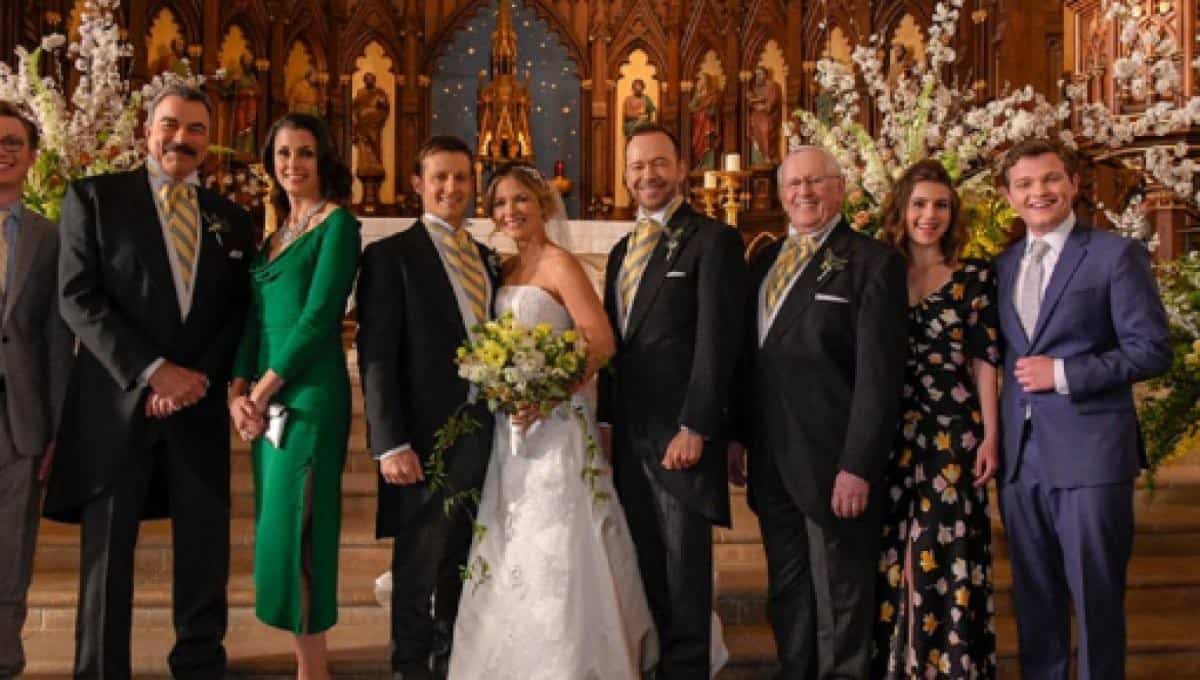
After an extraordinary 14-season run, the beloved police procedural drama “Blue Bloods” draws its curtains with a bittersweet farewell. The series, which premiered in 2010, has captivated audiences with its gripping storylines, relatable characters, and insightful exploration of family dynamics. As the show culminates its journey, a plethora of emotions and complexities emerge, reflecting the multifaceted legacy it has cultivated among viewers and the entertainment landscape.
The announcement of “Blue Bloods” finale has evoked a symphony of reactions. Fans express a deep sense of gratitude for the countless hours of entertainment and thought-provoking conversations the show has provided. Critics acknowledge the series’ consistency in maintaining a high standard of storytelling and character development. Cast members, such as Tom Selleck and Donnie Wahlberg, express bittersweet emotions, cherishing the enduring relationships and profound impact the show has had on their careers.
Throughout its 14 seasons, “Blue Bloods” has carved a niche in the television landscape. Its focus on family and community has resonated deeply with viewers, providing a refreshing departure from the often-gritty and cynical portrayals of law enforcement. The show’s success has demonstrated the enduring appeal of traditional values and the importance of representing diverse perspectives on television.
While “Blue Bloods” has received widespread praise, it has also faced its share of controversy. Critics have questioned the show’s portrayal of police brutality and its depiction of criminal justice issues. The series has navigated these controversies with sensitivity and nuance, striving to portray the complexities of law enforcement without shying away from challenging topics.
At its core, “Blue Bloods” is a story about family, duty, and honor. The Reagan family, central to the show’s narrative, embodies the virtues of loyalty, integrity, and perseverance. Through the experiences and struggles of its characters, the show has encouraged viewers to reflect on the importance of these values in their own lives and communities.
Beyond its entertainment value, “Blue Bloods” has also served as a platform to explore important social issues. The show has addressed topics such as addiction, PTSD, and the opioid crisis, shedding light on these challenges and sparking discussions among viewers.
The conclusion of “Blue Bloods” marks a significant moment for television. The show’s 14-season legacy has left an enduring imprint on the entertainment landscape, compelling viewers with its relatable characters, thought-provoking storylines, and exploration of universal themes. While fans bid farewell with a mix of emotions, they carry with them the values and conversations the show has sparked, ensuring its impact will continue to resonate far beyond its final episode.
